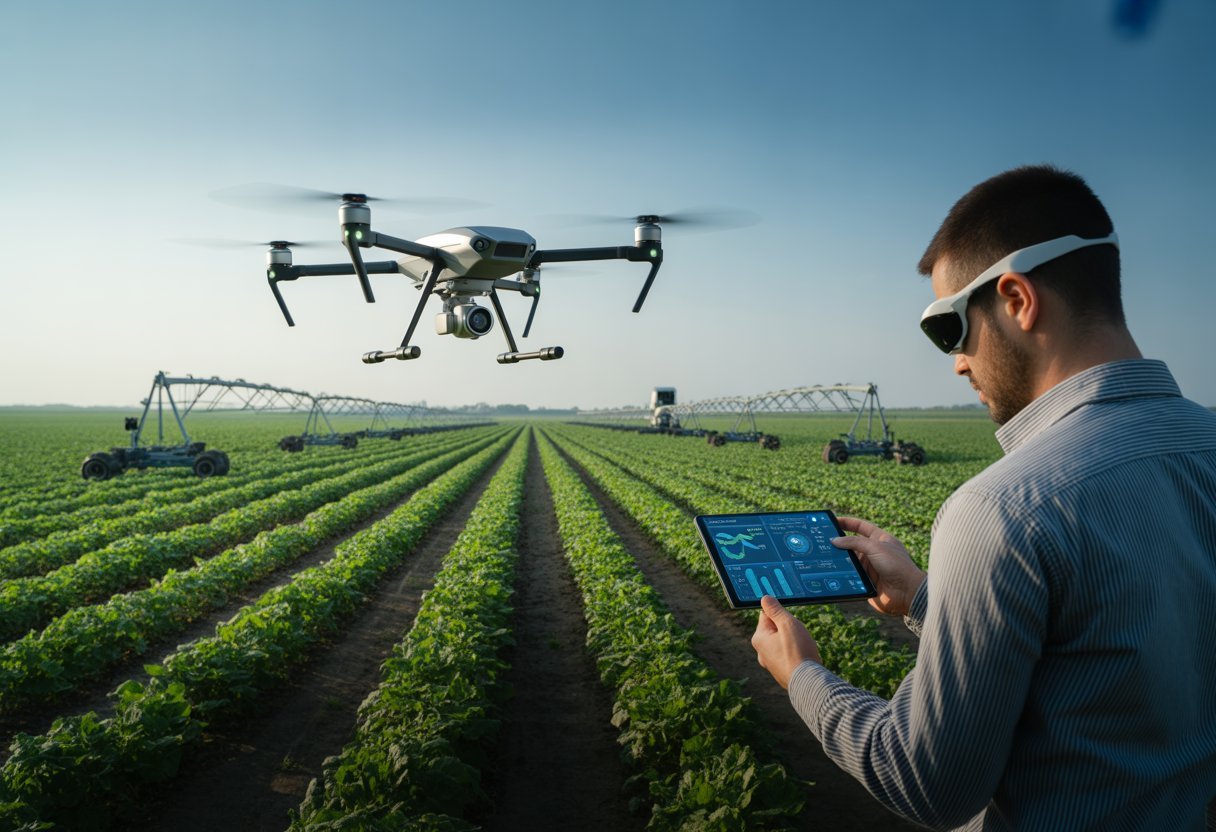Modern agricultural systems increasingly depend on artificial intelligence technologies to address complex challenges in crop selection and production optimization. Seed companies face the demanding task of identifying optimal vegetable varieties from extensive catalogs containing thousands of potential options. This process requires sophisticated analysis capabilities that extend far beyond traditional manual evaluation methods.
Seed Selection Complexity
Agricultural professionals must consider multiple variables when determining appropriate varieties for specific growing environments. Climate patterns, soil conditions, regional growing seasons, and local market demands all influence variety performance. Traditional selection processes involve extensive field testing, data collection from multiple growing seasons, and comprehensive feedback analysis from agricultural producers across diverse geographic regions.
The integration of machine learning algorithms transforms how companies approach variety recommendation systems. These technologies analyze vast datasets containing:
- Historical performance data from previous growing seasons
- Geographic and climatic information specific to cultivation regions
- Soil composition and quality metrics from target growing areas
- Market demand patterns and consumer preferences
- Grower feedback and cultivation experience reports
Technological Implementation Approaches
Companies are developing predictive modeling systems that combine artificial intelligence with established agricultural research methodologies. These systems process information from crop trials, environmental monitoring data, and performance analytics to generate location-specific recommendations. The precision level of these technologies aims to provide accurate predictions for areas as small as 10 by 10 meter plots.
Advanced algorithms enable companies to match specific varieties with optimal growing conditions by analyzing complex relationships between environmental factors and plant performance characteristics. This approach reduces the time required between initial variety evaluation and commercial crop production while maintaining high accuracy standards.
Industry Applications and Benefits
Leading agricultural technology companies are implementing AI-driven platforms that serve multiple functions within seed selection processes. Digital platforms now incorporate chatbot interfaces that provide growers with real-time decision support based on comprehensive data analysis. These tools help agricultural producers make informed choices about crop selection by processing relevant regional and environmental information.
The technology applications extend beyond seed selection into related agricultural areas including nutrient management, biological stimulant development, and resource optimization strategies. Companies integrate these AI capabilities with existing digital agriculture platforms to create comprehensive decision support systems.
Global Impact Considerations
Agricultural AI technologies address critical food security challenges by improving crop selection accuracy and production reliability. These systems become increasingly important as climate variability creates more unpredictable growing conditions worldwide. Enhanced prediction capabilities help ensure agricultural producers can maintain consistent food production despite environmental uncertainties.
The technology enables more precise matching between crop varieties and local conditions, potentially reducing crop failures and improving overall agricultural productivity. This approach supports global food system resilience by optimizing variety selection processes across diverse geographic regions and growing environments.
